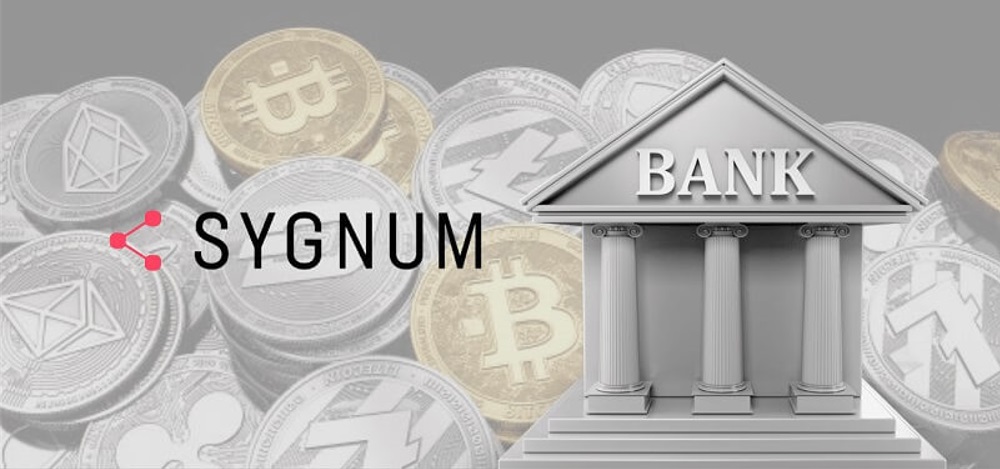
The round gives Sygnum a post-money valuation of USD ~800 million, underpinned by a tenfold increase in consolidated gross revenues in 2021, an institutional client base now nearing 1,000 and assets under administration growing to over USD 2 billion.
Sygnum, a digital asset technology group with a Swiss banking license and a Singapore asset management licence, has raised USD 90 million in an oversubscribed Series B funding round led by Sun Hung Kai & Co. Limited. They are joined by a raft of new and existing strategic investors, with the round valuing Sygnum at USD ~800 million on a post-money basis.
Proceeds will accelerate Sygnum’s development of new institutional-grade Web 3.0 offerings, including:
. Additional yield-generating products, including white-listed DeFi pools and expanded staking services
. Asset management solutions providing trusted access to new, high-growth DeFi innovations
. New commercial partnerships with leading blockchain ecosystems like the Dfinity Foundation
The USD 90m raised will also propel Sygnum’s market-tested offerings into new global markets, expand its Singapore hub’s operations and provide opportunities to co-create and distribute innovative products internationally with its strategic investors.
Lee Seng Huang, Group Executive Chairman of Sun Hung Kai & Co. Ltd, says: “We have a strategic vision to expand our fund management offerings into digital assets. Amidst growing institutional demand and regulatory oversight of this sector, Sygnum, with its track record as a fully-regulated digital asset bank and asset manager, is the ideal partner for us to co-develop digital asset focused products together and to cater to the strong demand for digital asset solutions and services in Asia, Europe and beyond.”
“Savvy digital asset investors are increasingly looking for novel opportunities in the frontiers of Web 3.0, including DeFi, NFTs, play-to-earn gaming and the metaverse”, says Gerald Goh, Sygnum Co-Founder and CEO Singapore. “We look forward to partnering with our strong global network of strategic investors to expand our suite of fully-regulated digital asset offerings and solutions into these emerging verticals.”
____________
What services does Sygnum provide?
Sygnum provides a fully-regulated suite of integrated digital asset financial products and services, including bank-grade digital asset custody and fiat rails, spot and options trading, cryptocurrency-backed fiat loans, innovative digital asset-focused asset management products, asset tokenization solutions and B2B banking for regulated financial institutions.
What DeFi tokens does Sygnum offer?
In addition to regulated 24/7 trading for Bitcoin, (BTC) Ethereum (ETH), Litecoin (LTC), Ripple (XRP) and other leading cryptocurrencies, Sygnum also offers access to a range of leading DeFi tokens including Uniswap (UNI), Chainlink (LINK), Polygon (MATIC), Aave (AAVE), Maker (MKR), Compound (COMP), Curve (CRV), Synthetix (SNX) and 1Inch (1inch). Sygnum’s DeFi offering will be expanded throughout 2022.
On December 9, 2021, Sygnum also launched a DeFi investment strategy with its new structured product solution. The press release can be read here.
Banking 4.0 – „how was the experience for you”
„So many people are coming here to Bucharest, people that I see and interact on linkedin and now I get the change to meet them in person. It was like being to the Football World Cup but this was the World Cup on linkedin in payments and open banking.”
Many more interesting quotes in the video below: